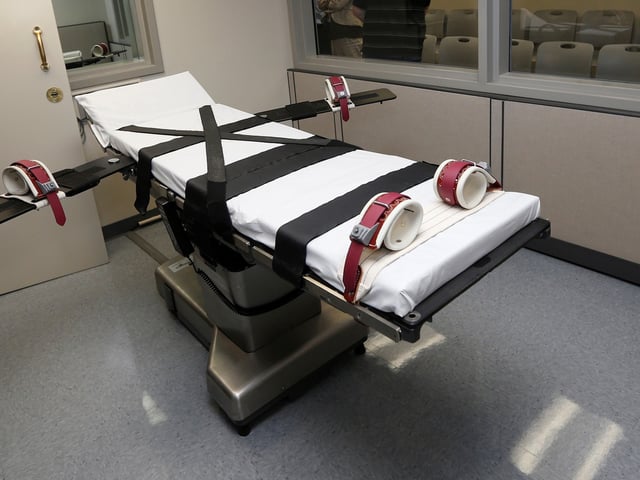Overview
- His legal team argued that the implanted cardioverter defibrillator—used to correct life-threatening arrhythmias—could deliver painful shocks as lethal chemicals took effect.
- A trial judge in mid-July ordered the ICD deactivated, but the Tennessee Supreme Court reversed that ruling and the U.S. Supreme Court declined his final appeal.
- Defense attorneys and disability advocates warned that executing a wheelchair-bound inmate with dementia and an active ICD violated constitutional protections against cruel and unusual punishment.
- This execution marked Tennessee’s second since the state resumed capital punishment in May following a five-year pause prompted by COVID-19 and procedural errors.
- Byron Black’s death brought the U.S. total for 2025 to 28, the most executions in a single year since 2020, according to the Death Penalty Information Center.


